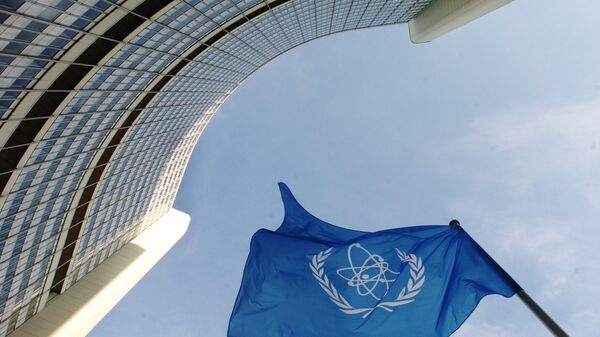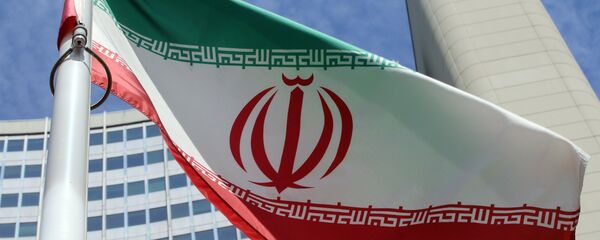"Even though provisions of the treaty are not applied to us and do not oblige us to do anything, the treaty itself may potentially have negative consequences, including for the International Atomic Energy Agency, headquartered in Vienna," Ulyanov said.
The official noted that some parties of the negotiations "dreamed" about involving the IAEA in monitoring the nuclear disarmament process, but such activities are not a part of the agency's functions and might hinder its work. He added the the issue would become a matter of debate later, and many countries would oppose the IAEA's involvement in such activities.
"We should monitor carefully how the treaty is implemented, what happens around it, because the treaty does not provide answers for all the necessary questions. Some issues are not provided for, for example, the verification of nuclear disarmament in case if it will ever take place within the framework of this treaty. Though no nuclear powers are planning to join such agreement now. The treaty stipulates the establishment of a special competent international authority, which will monitor the disarmament process. However, it is not clear what kind of authority it will be," Ulyanov said.
The diplomat stressed that even though the document had a very ambitious title, calling for complete prohibition of the nuclear weapons, the text itself did not say anything about a categorical ban on the nuclear arms and did not made it illegitimate.
According to the convention, it will be open for signature by states at the United Nations in New York on September 20, 2017, and will come into force 90 days after it is ratified by 50 countries. The treaty stresses that "countries no longer accept nuclear weapons and do not consider them legitimate," and calls for providing aid to the victims of the nuclear weapons' tests and use.



